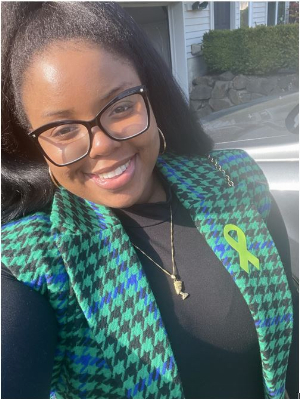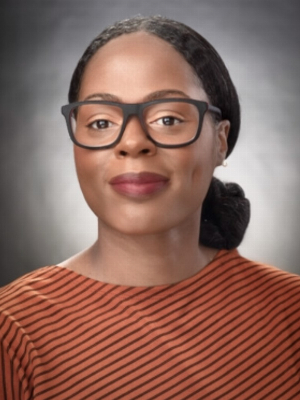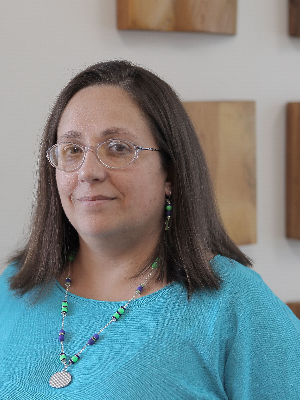
May 6-10, 2024 - Virtual via Zoom
Parent panel focussed on African American families, their experiences getting services for their 0-5 child with intellectual and developmental disability and what could the professionals serving their kids can do to help.

Chanita Stone wears many hats – as a wife, a mother, and an author. Her journey into advocacy and disability awareness began with her eldest son. He inspired her to write her first children's book called "Caleb Has Something to Say." Chanita attributes her dedication and passion as a P2P Coordinator at The Arc of King County to her role as a mother. It is Chanita’s hope that her professional and personal efforts, provide visibility for children with disabilities, elevates the voices of black children with disabilities, and allows families like hers to feel seen and heard.

Originally from New Jersey, Khadijah has called Seattle home for over 30 years. She completed formal disability training in the UW LEND program, specializing in neurodevelopmental disabilities. Currently serving as Information and Resource Specialist for African American families at The Arc of King County, she utilizes her personal and professional experience in the disability community to guide her work. Passionate about improving Black maternal health, she became a Full Circle Doula in 2017 and completed Lactation certification in 2021. Khadijah is a founding Board member of Open Doors for Multicultural Families, supporting BIPOC families with Developmental Disabilities in King County. When not working, her interests include learning about and preserving healing traditions in African American and African diaspora communities.

Originally from Buenos Aires, Argentina, Sandra was an elementary school teacher for 10 years before immigrating with her husband to the US in 2001. Her journey into the developmental disabilities community began with the birth of her daughter, who was diagnosed with Cri du Chat. Sandra completed the Ambassador Program at The Arc of King County and join the staff in 2016. Currently she is the Multicultural Family Support Program Manager at The Arc of King County, and oversees the implementation of all family support activities (including Parent to Parent) in English, Spanish, and tailored for Black/African American families.